Day 22
6.25 m² of species-rich meadow near Weimar will be placed under protection
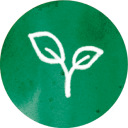 A paradise for red-backed shrikes and barred warblers near Weimar
A paradise for red-backed shrikes and barred warblers near Weimar
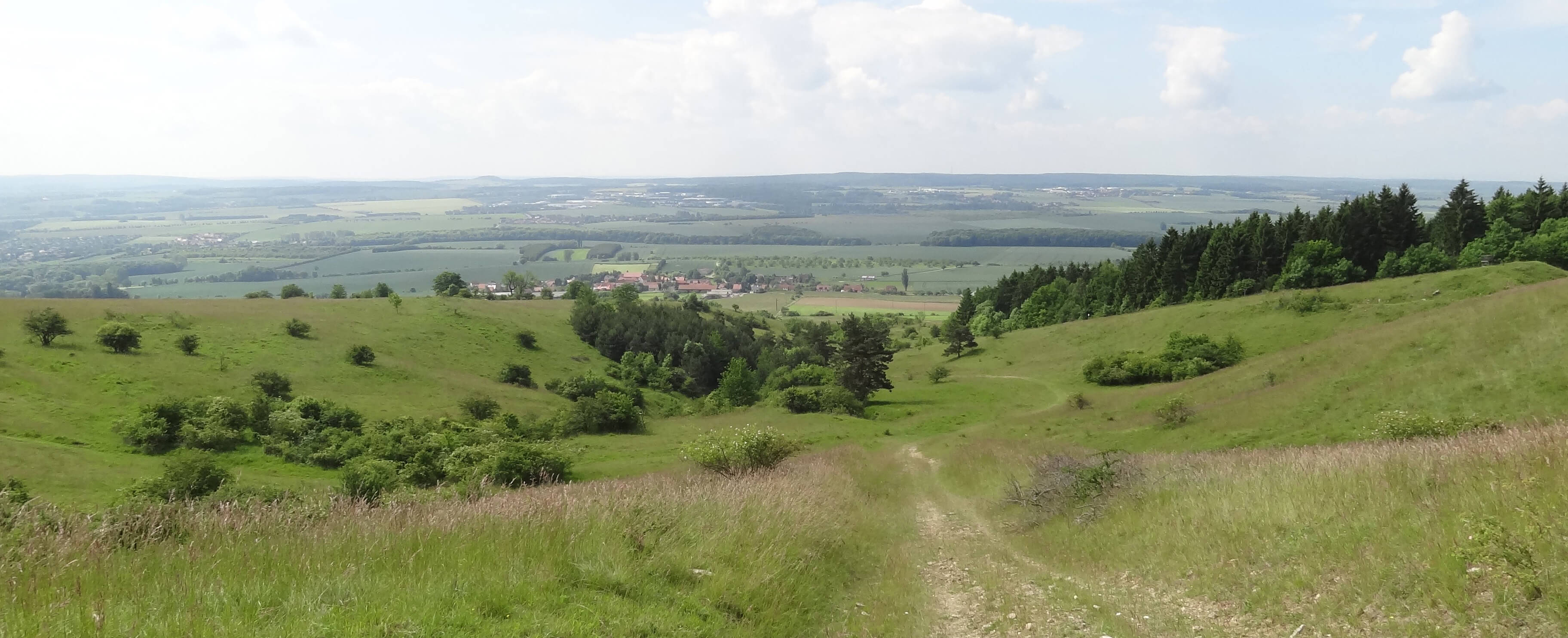
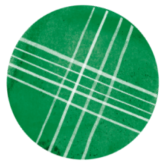
Endangerment and loss of species-rich meadows

need
Preservation of species-rich dry grassland near Weimar for endangered plants, insects and birds.
activity
Purchase of species-rich grassland on the Ettersberg and organization of the necessary grazing and care to preserve biodiversity.
Measurable effort
Purchase of 6.25 square meters for each donation received.
Result
Preserving biodiversity at Ettersberg through grazing and maintenance of the areas and directing the increasing flow of visitors.
Systemic effect
Permanent preservation of the Ettersberg as a natural paradise with 500 plant species and over 90 bird species in the middle of Germany.
background
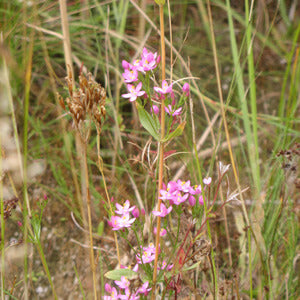
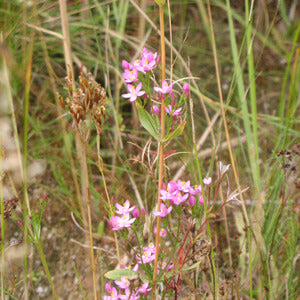
The good deed
AboutGermany
Berlin
Capital city

80 651 900
Population
47 590 USD
Gross domestic product
per capita per year
6
Human Development Index
(Human Development Index)



